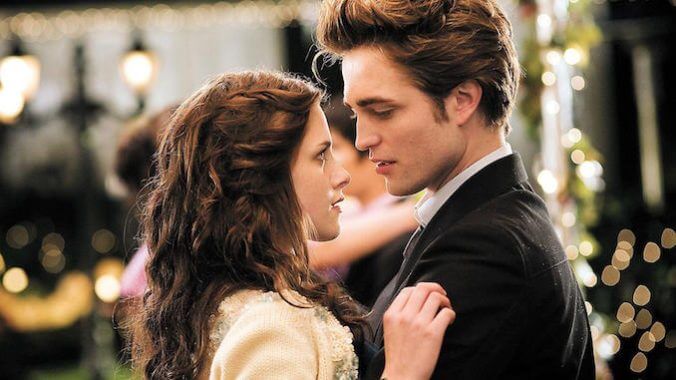A Twilight TV Show Could Finally Do Justice to Bella and Edward’s Romance
Photo Courtesy of Lionsgate
Whether or not it’s a good idea to do so, there is a small-screen adaptation of the beloved and unreasonably criticized Twilight books in the works. Since the announcement, public opinion has been relatively mixed as to if it’s too soon for these characters to be gracing our screens once more when considering the films (which starred Kristen Stewart and Robert Pattinson as Bella Swan and Edward Cullen respectively) were released from 2008 to 2012. However, reboots are the name of the game in Hollywood these days, and there is a major opportunity to improve upon the shortcomings of the film series with a television adaptation.
One of the more glaring issues in the films is they opted to prioritize the plot over the characters, particularly after the first film. For many adaptations, this works just fine, as we have seen with Harry Potter and The Hunger Games. But, it’s different for Twilight, as the story is Bella and Edward’s love story. It’s not, as the films would suggest, the vampire and werewolf shenanigans that Bella finds herself mixed up in.
This fundamental change led to the exclusion of far too much of Bella and Edward’s crucial development, both as individuals and in their romance. In condensing the books for a feature script, which is a very difficult job to do indeed, moments that didn’t necessarily drive the plot forward but explained so much about the characters and their relationships were removed. This made a noticeable impression on every character, but obviously hurt the characters and romance that Twilight is centered around the most.
For example, the films—namely New Moon and beyond—essentially assassinate Edward Cullen as a character. Gone are his charm, self-deprecating humor, and wit. Instead, his self-loathing increases exponentially, and he becomes very aggressive in moments where it’s not necessary, his protective instinct and possessiveness over Bella exaggerated to a point that is unbearable for much of the story. In short, the Edward we see in the films is lacking nearly everything that draws the reader to the character in the books. (Gone, too, is Bella’s similar feeling of possessiveness over Edward, making their relationship even more imbalanced.)
This is a direct result of removing the “small” moments between Bella and Edward, like the many deep and relatively lighthearted conversations in the car, as those are essential to strengthen the characters. It’s why a major area of criticism surrounding the films has always been turning Bella and Edward into lifeless versions of their book counterparts. The films nearly strip them of their entire personalities. Neither character can blossom as they do in the books because we’re missing such vital insight into their identities and their relationship. As such, it’s difficult to understand why they are so hopelessly devoted to one another from the very beginning of their relationship. In turn, this takes away from the impact of and causes it to be difficult to understand some of the larger plot details, like in New Moon when Bella is committing dangerous acts to see a hallucination of him, and why Edward is ready to end it all with the Volturi’s assistance when he believes Bella to be dead.

-

-

-

-

-

-

-

-

-

-

-

-

-

-

-

-

-

-

-

-

-

-

-

-

-

-

-

-

-

-

-

-

-

-

-

-

-

-

-

-








































